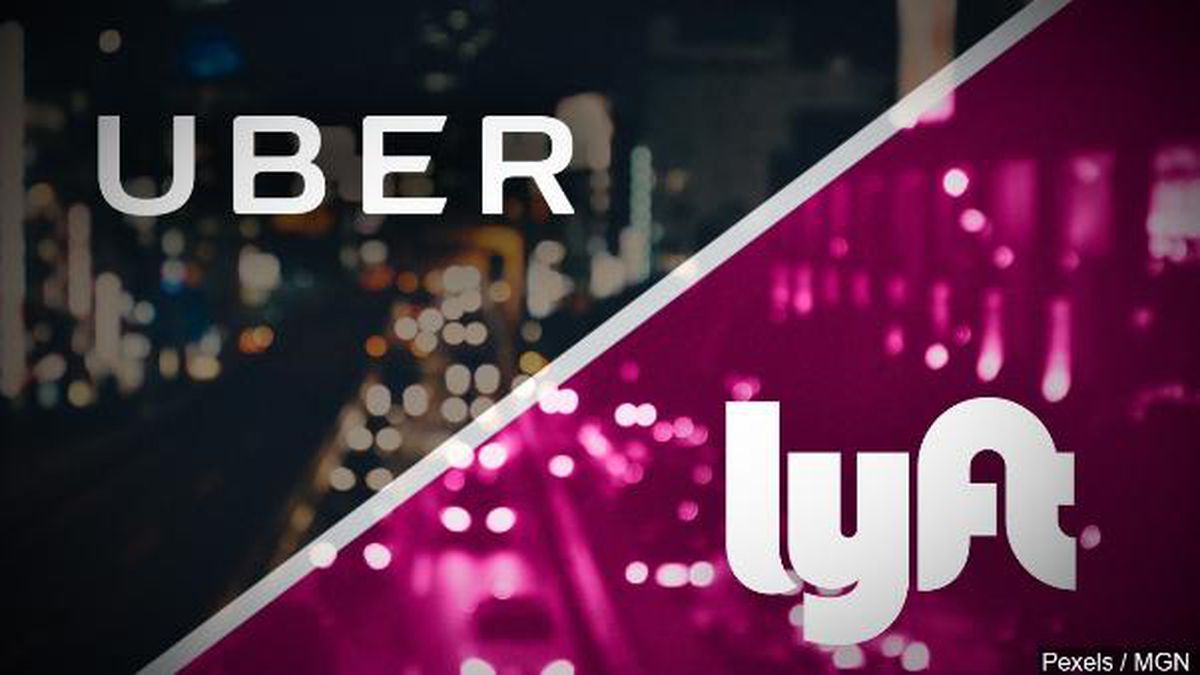When government officials try to overregulate industry, we invariably end up with increased costs, fewer jobs and sub-standard services. A great example of this is the positive impact that the new rideshare companies like Uber and Lyft have had on the government regulated taxi medallion licensing scheme.
During the 1980s, King County and the City of Seattle imposed several overburdensome regulations on taxi owners in an attempt to limit supply and create a government-managed, profitable system. By restricting the number of licenses (medallions) available, officials created a false supply shortage and as a result the prices of the medallions skyrocketed. This created a capital investment cost for the taxi drivers where they had to pay government thousands for the privilege of operating a cab. That cost had to be recovered by increasing fares on their customers.
Over time however, the regulations that were supposed to help have now proved to be the downfall of the taxi drivers. It’s a classic case of over burdensome government regulation versus a free market system. It was the rise of private Transportation Network Companies (TNCs) like Uber and Lyft, that opened the market to new, innovative and ultimately cheaper transportation services. The taxi companies, due to the additional regulations they are required to follow, are finding it difficult to compete.
The TNCs have been a disrupting influence on the more traditional, government regulated taxi industry. The primary beneficiaries, of course, are consumers
First, the taxi licenses, which are artificially limited in number and were once a coveted item, have dropped in value from a high of around $100,000 to being almost worthless today. Taxi drivers who purchased the licenses in previous years are faced with a mountain of debt and a loss of their original investment, all because of government rules.
Second, minimum fare regulations, imposed by government officials, have artificially increased the price, which ensure that taxis are uncompetitive with the new competition they face from TNCs.
It’s a double hit on the average taxi driver. They have a mound of debt and no way to effectively compete to generate enough revenue to pay for it.
In typical fashion, City of Seattle officials are trying to fix the problem they created with regulations by imposing more regulation.
Suggestions from government elected and bureaucrats range from congestion charges, minimum fare amounts applied to riders and minimum compensation levels for the drivers. All proposals include imposing additional fees, taxes and regulations, which is the usual response from government when trying to force something to happen that people, left on their own, don’t want to do.
Interestingly, the taxi drivers themselves have suggested lowering or eliminating the minimum fares instead. That is not necessarily a silver bullet but would certainly allow them to compete more effectively with the lower cost TNCs. The people who are closest to problem, in this case taxi drivers, often see the best solutions.
For many Uber and Lyft drivers, the attraction of the work is its flexibility to make a little more money each month. If Seattle is successful in imposing all the additional costs to the system, it would remove much of what attracts drivers to Uber and Lyft.
Free markets, more often than not, provide the best solutions. Both Seattle and King County officials should consider reducing regulation rather than adding more, opening the free market and creating new job opportunities.
Uber and Lyft have become the workers choice for flexible work in the gig economy. They provide free market job options for workers looking for a little more income. Uber, since starting in 2009, has increased in value to over $27 billion and has given millions of drivers the opportunity of full time or part time work and to choose when they work.
The transportation network companies are helping to destroy poverty through better job flexibility, lower prices, and more income-earning options.
When government officials’ step in and try to ban choices in the free market, they often destroy consumer choice and job availability.
The new gig economy job creators should be free of overburdensome government regulation, to allow people working in the free market to reach their full potential for job creation, increasing income and providing great services.










